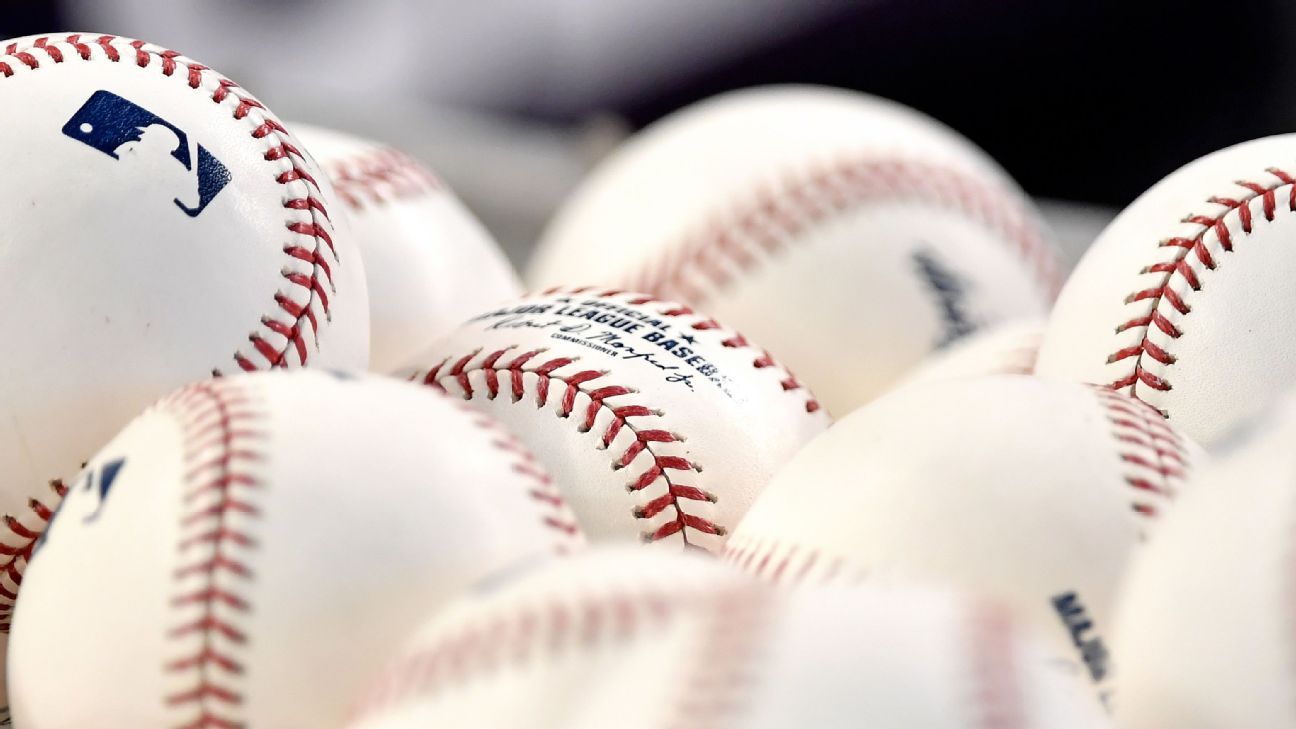
Driving from one city to the next for games, umpiring entire homestands and even staying at team hotels: Those are a few of the things under contemplation for umpires as Major League Baseball works toward restarting, according to sources familiar with the discussions.
Like the players, umpires need another round of training to prepare for the upcoming 60-game season. A crew of three will report to each summer league camp on July 10. After passing COVID-19 testing, umpires will work live bullpen sessions and intrasquad games, culminating in a few regional exhibition contests featuring the six umpires who have been embedded with the two teams.
Once the season begins, umpires will still have to travel the country but perhaps at a reduced rate than normal. Usually, a crew works a series then moves on, making sure to rotate around the league so as to not have grudges based on the same teams seeing the same umpires all the time. This season, if the schedule permits, an umpiring crew might stay for a team's entire homestand, thereby reducing travel.
If umpires are in a two-team city, such as Chicago, New York, the Los Angeles/Anaheim area or the San Francisco/Oakland area, they might bounce from one park to the other. Perhaps, after working a series in Los Angeles, umpires will drive the hour to Anaheim -- or the five to the Bay Area.
Safety is of utmost importance to a group that is naturally at higher risk because of age. An opt-out, with pay, for higher-risk individuals is being worked out, but there will be a mechanism in place if an umpire can't work because of health concerns. Unlike players, MLB umpires are paid year-round, so they have received four-and-a-half months of salary -- through May 15. MLB will try to staff taxi squads with three minor league umpires at alternate sites but close enough to the major league parks for if they are called into action because of illness or injury to a regular umpire. Also, a higher risk is working inside the replay room in New York. Normally, each crew rotates in there a couple of times per year.
In discussion is whether umpires will wear face coverings underneath their masks behind home plate. Outdoor temperatures in July and August especially might not be conducive to wearing masks under masks. Face coverings will be encouraged but not required. Umpires will go through COVID-19 testing just like players and coaches.
There won't be much in the way of on-field arguments, at least not face-to-face ones, which have been a staple of the game for as long as anyone can remember. With no fans in the stands, umpires will be able to hear everything from the dugout, so reduced trolling might be in order. Lineup changes will most likely be yelled from a distance to keep managers and umpires socially distanced from each other.


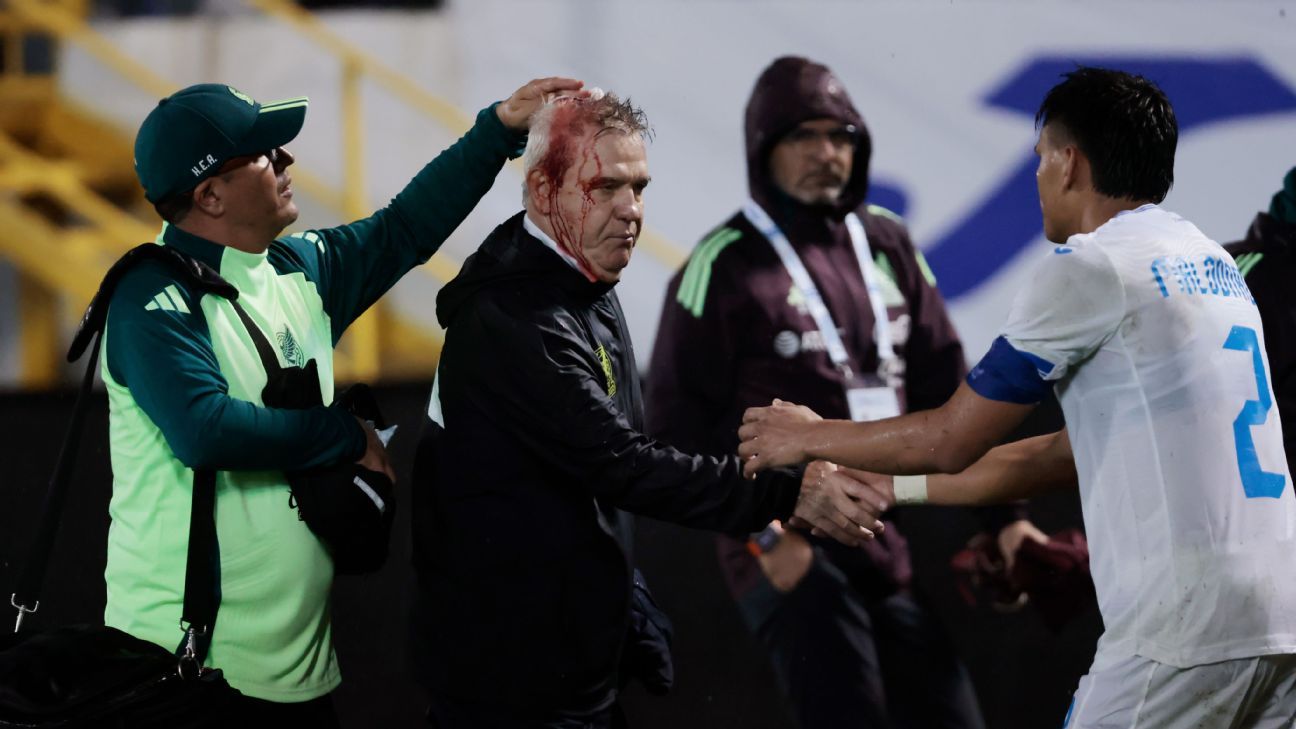
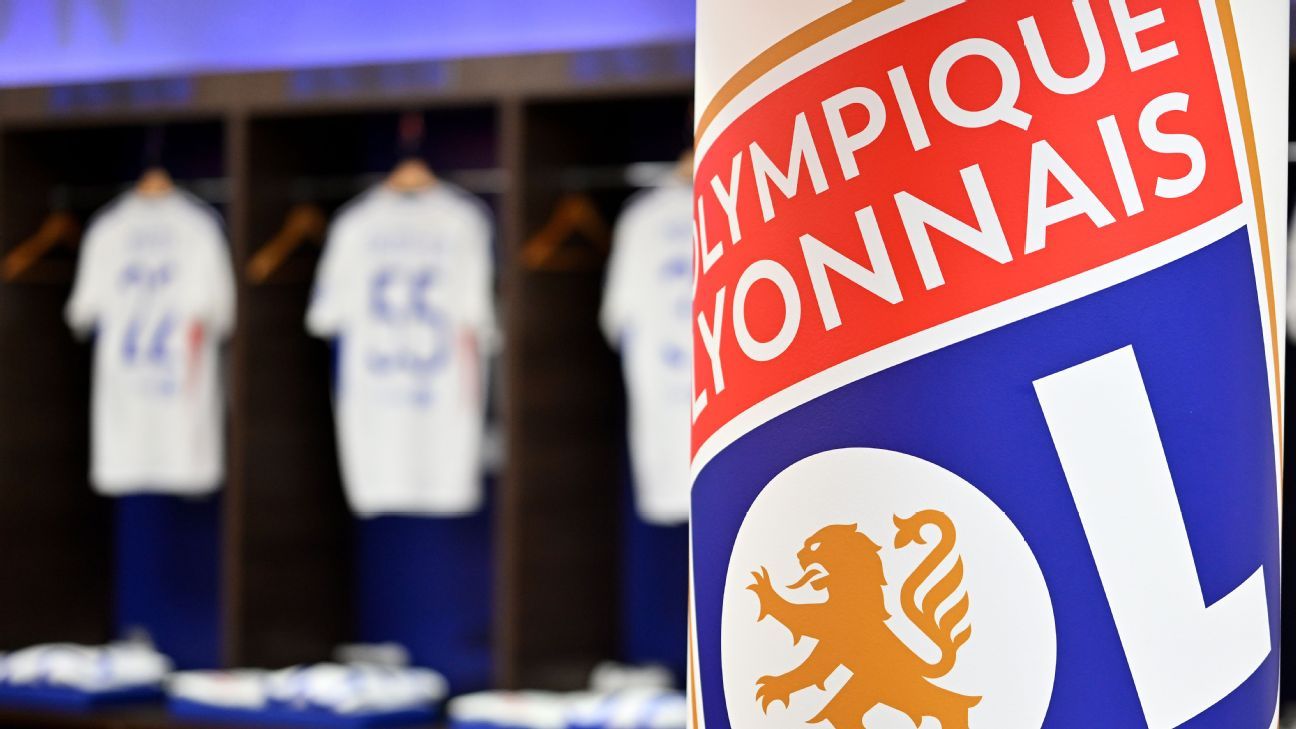






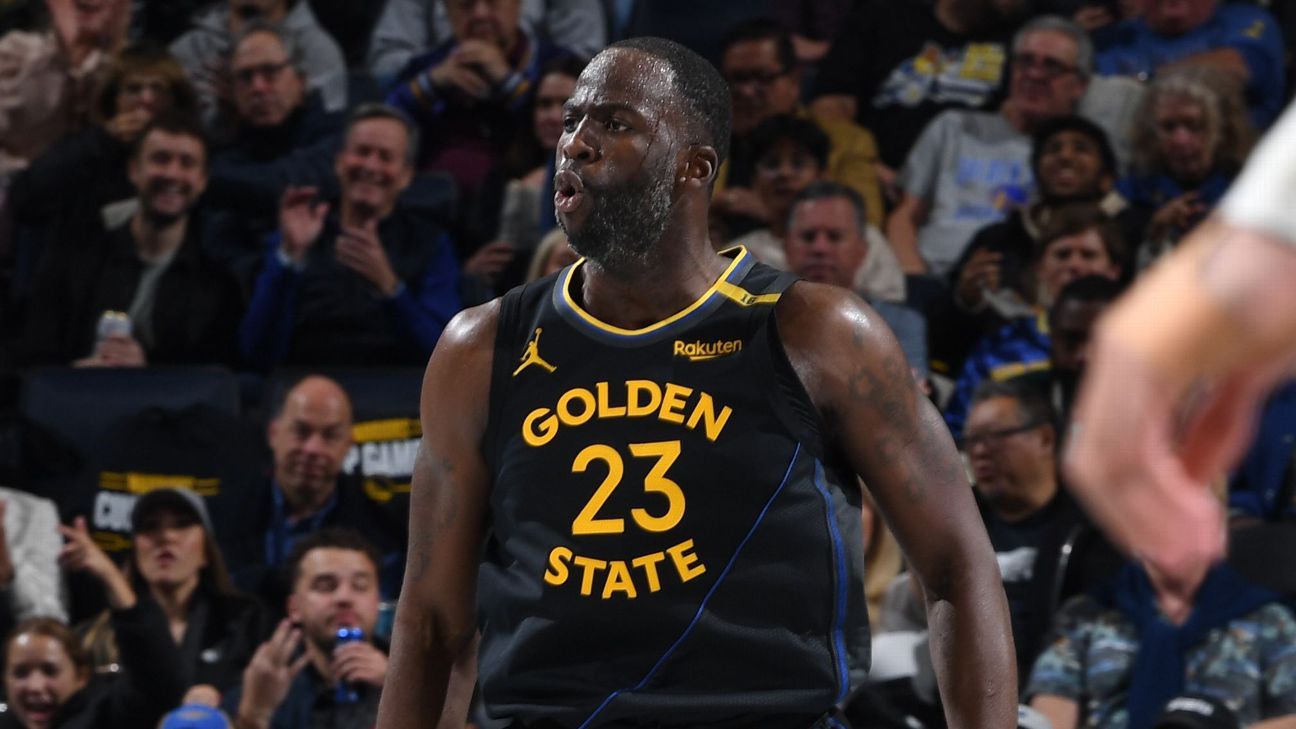
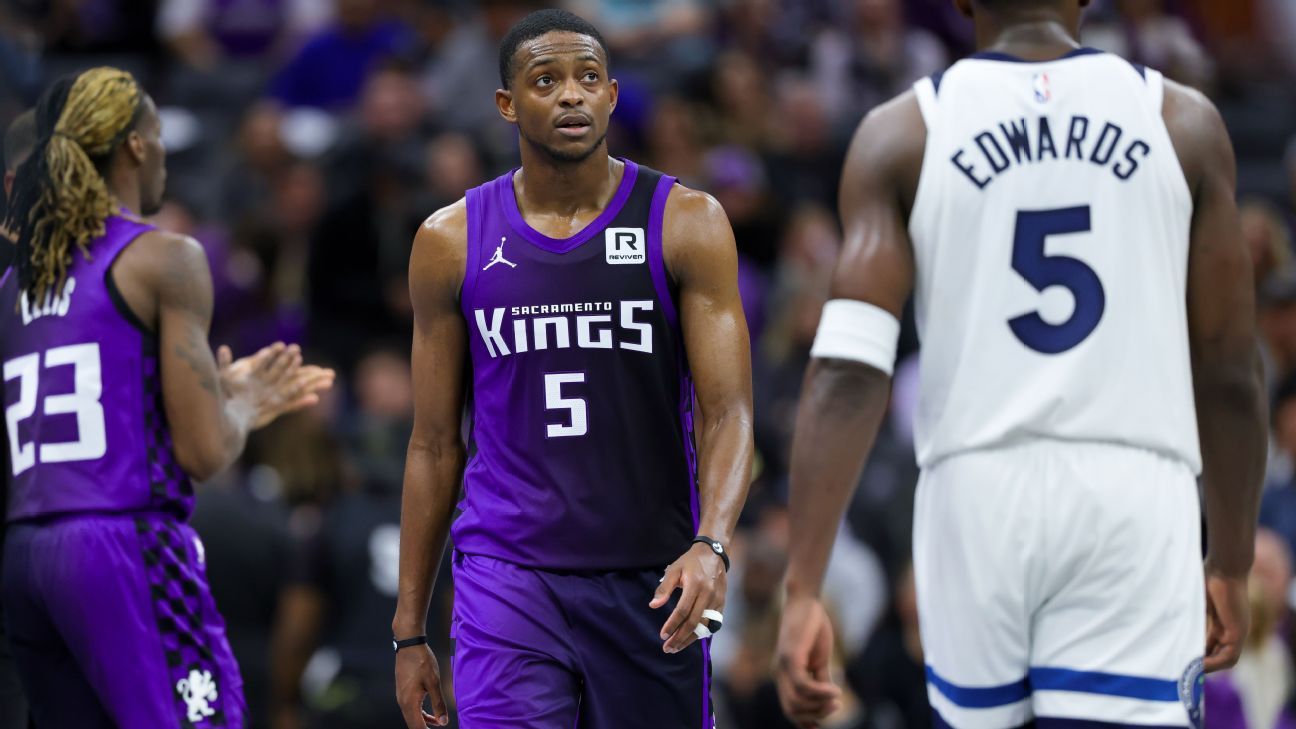
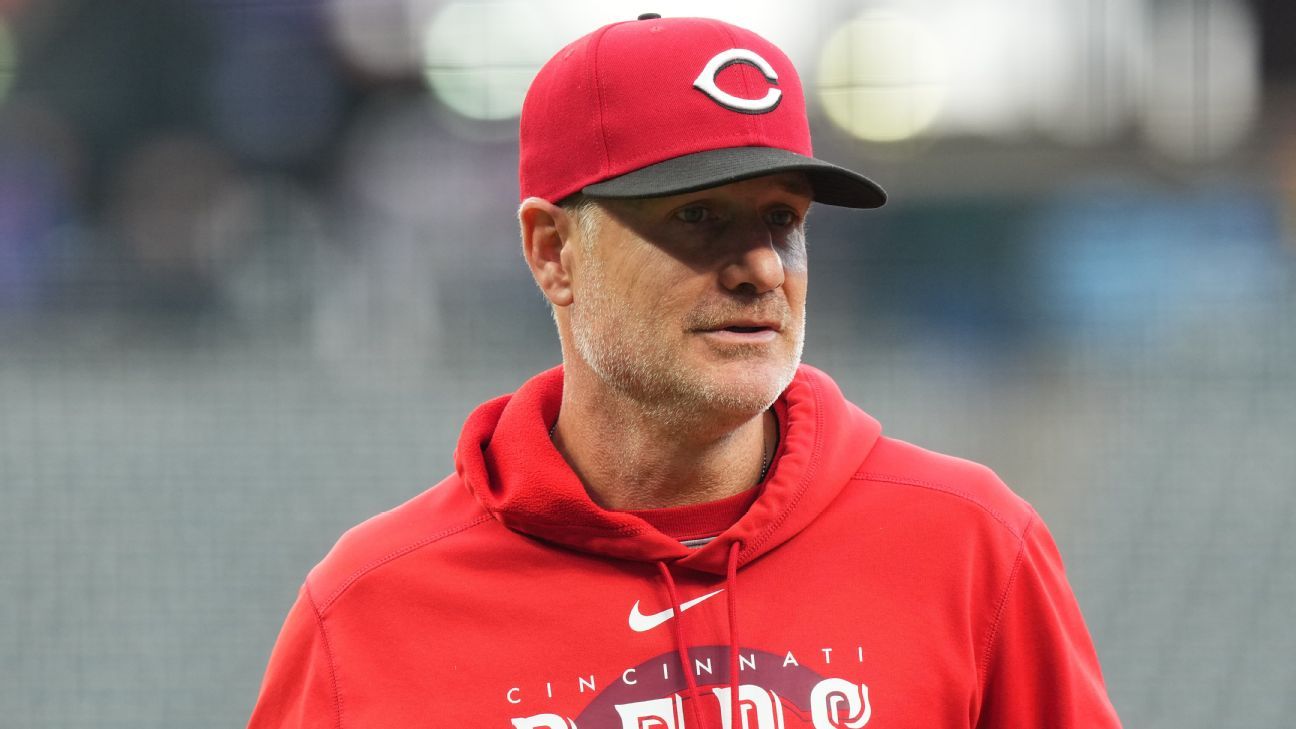
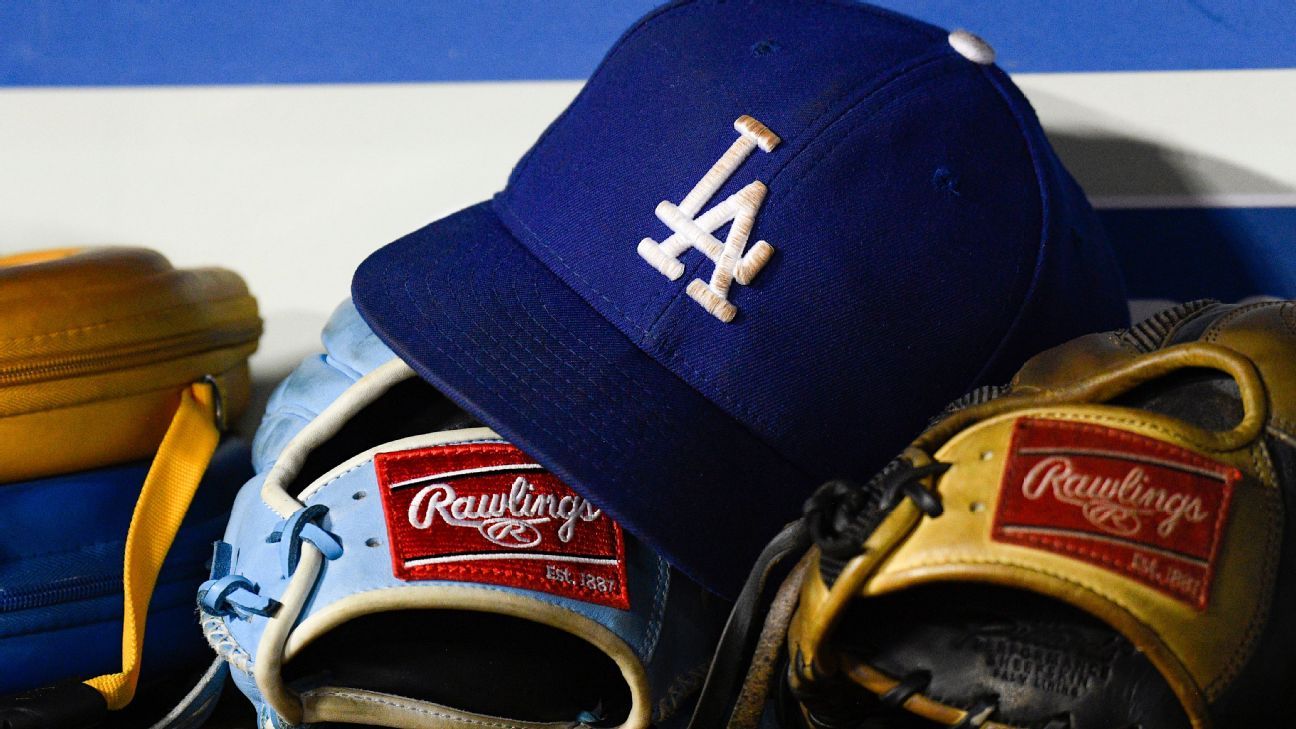

 Phone: (800) 737. 6040
Phone: (800) 737. 6040 Fax: (800) 825 5558
Fax: (800) 825 5558 Website:
Website:  Email:
Email: 






